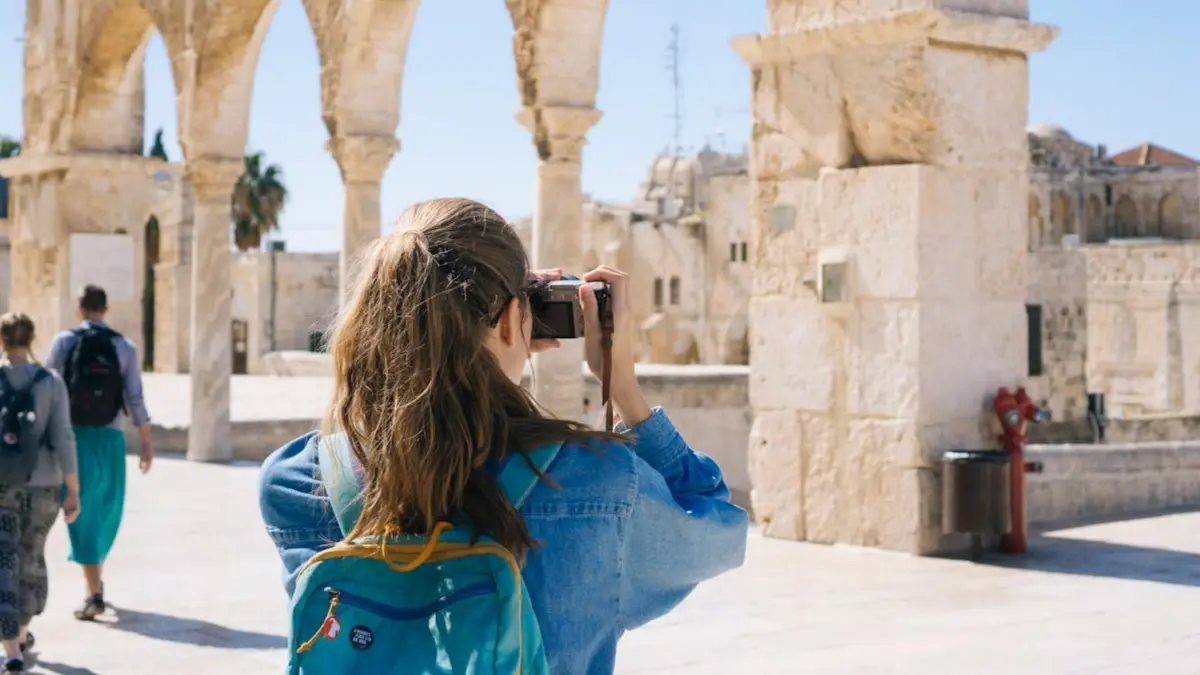Updated 28 May 2025 at 18:07 IST
Travel Health Checklist: What To Pack And How To Stay Safe Amid COVID-19 Surge In Asia
To help you prepare for a safe and healthy journey, here’s a checklist outlined by Johns Hopkins Medicine. Read on...
- Travel News
- 2 min read

Travel Health Checklist | Image:
Pexels
The world battled the deadly disease Coronavirus for three consecutive years, from 2020 to 2023. Yet again, several Asian countries are grappling with a new wave of a COVID-19 subvariant, namely JN.1.
Travel may be unavoidable, whether for business, leisure, or personal reasons, so it's important to stay vigilant as cases rise once more across Asia, painting a concerning picture.
Travel Health Checklist
To help you prepare for a safe and healthy journey, here’s a checklist outlined by Johns Hopkins Medicine.
Advertisement

- Schedule an appointment with your healthcare provider well in advance of your trip.
- Get needed vaccines for your destination.
- Check insurance coverage for travel abroad.
- Have your insurance information cards and claim forms with you.
- Get a letter from your healthcare provider. It should include your health history, medicines, allergies, and vaccine records.
- Have an emergency release form.
- Complete the inside page of your passport. It lists important identification and emergency contact information.
- Have an ample supply of medicine. Include extra in case your return home is delayed. Keep all prescription and over-the-counter medicines in their original, labelled containers. Don't use pill cases or other unlabeled containers.
- Carry along extra prescriptions. Bring a letter from your healthcare provider explaining your need for the medicine. Some countries have strict laws for narcotics.
- Carry along the generic names of your medicines. Pharmaceutical companies overseas may use different names.
- If you wear glasses, take an extra pair with you.
- As an extra precaution, pack extra eyeglasses and medicine in your carry-on luggage. This helps in case your checked baggage is lost.
- Consider wearing a "medical alert" bracelet if you have allergies or reactions to medicines, insect bites, certain foods, or other unique medical problems.
- Pack a traveller's first aid kit for on-the-road emergencies.
- Discuss with your healthcare provider how you will take medicine as you cross time zones.
- Pack epinephrine and antihistamines if you have severe allergies. They should always be kept within close reach.
- Check with the Embassy or Consulate to ask about the types of medicines allowed into the country you are visiting.
Published By : N. Lothungbeni Humtsoe
Published On: 28 May 2025 at 18:05 IST
